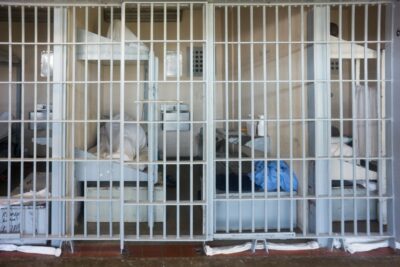“Tough-on-crime” policies like longer prison sentences and mandatory minimums have long been believed to deter crime, but research suggests they may not be as effective as once thought. Instead, these policies have contributed to mass incarceration, particularly affecting Black Americans, without significantly reducing crime rates. Recent reports indicate that states can lower both crime and incarceration rates by focusing on strategies that increase the certainty of punishment rather than its severity. Being “smarter on crime” involves investing in prevention programs, alternatives to incarceration, and reassessing lengthy sentences. These approaches can enhance public safety while addressing the long-term consequences of mass incarceration on families, communities, and democracy.

